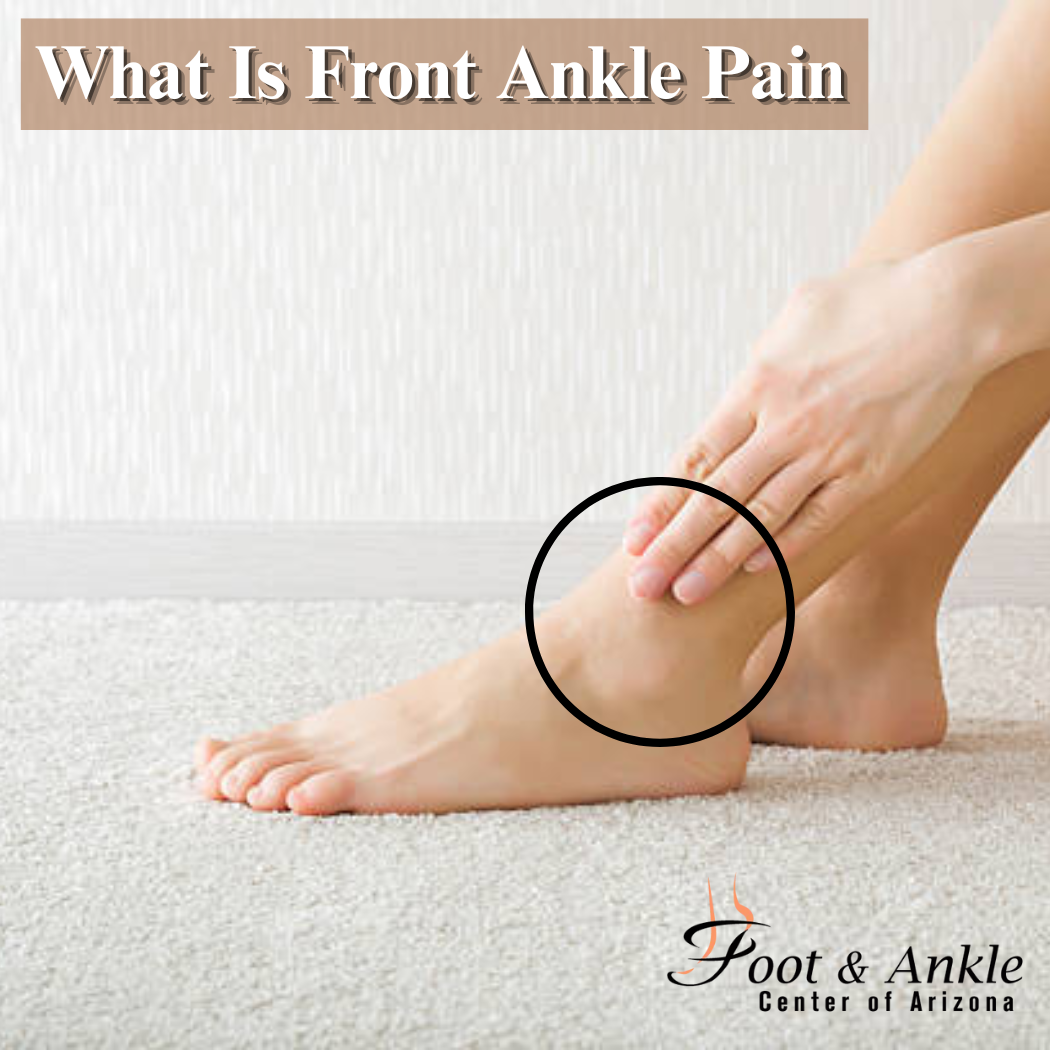
Premature ejaculation, often called PE, is one of the most common sexual concerns for men. It occurs when a man ejaculates sooner than he or his partner would like during sexual activity. This can lead to feelings of frustration, stress, and reduced intimacy between partners.
While occasional early climax is normal, ongoing PE can affect confidence, self-esteem, and the overall quality of a relationship. Learning about the condition can make it easier to understand and address. This involves knowing what PE is, recognizing possible causes, and exploring different ways to manage it. Treatment options range from lifestyle adjustments to medical support, including products for premature ejaculation that may help improve control and performance.
What is Premature Ejaculation?
Premature ejaculation happens when a man reaches orgasm and ejaculates with little stimulation or sooner than desired. It often occurs within one to two minutes after penetration or even before it begins. Many men experience this at some point, but for some, it becomes a regular occurrence.
There are two main types. Lifelong PE means it has been present since a man’s first sexual experience. Acquired PE develops later in life after a period of normal sexual performance. Both forms can cause similar challenges and emotional effects, but their underlying causes and treatment needs can differ.
Possible Causes of PE
The reasons for premature ejaculation can be physical, psychological, or a mix of both. Understanding these causes can help in finding the right treatment.
Psychological Causes
- Performance anxiety: Worrying about sexual performance can create a mental state of tension, making it harder to control arousal and leading to a faster climax.
- Stress from daily life: Work pressure, financial worries, or personal issues can affect sexual focus and stamina.
- Depression or low mood: Emotional health issues can change the body’s sexual response and make control more difficult.
- Relationship difficulties: Conflicts, lack of trust, or poor communication can create an emotional distance that affects sexual performance.
Physical Causes
Hormonal imbalances: Low testosterone or abnormal levels of other sex hormones can affect sexual control and response.
Prostate or urethral inflammation: Infections or inflammation can make the genital area more sensitive, causing faster ejaculation.
Neurological sensitivity: Increased sensitivity in the penile nerves can shorten the time before climax.
Differences in brain chemistry: Low levels of serotonin in the brain have been linked to quicker ejaculation.
Erectile dysfunction: Men with difficulty maintaining erections may rush intercourse, which increases the likelihood of premature ejaculation.
How PE is Diagnosed
Diagnosis usually starts with an honest conversation between the patient and a healthcare professional. The doctor will ask questions about sexual history, general health, and emotional well-being. They may also inquire about how long the problem has been happening and how it affects relationships.
A physical examination can help rule out medical conditions or infections that might contribute to the problem. Blood tests may be ordered to check hormone levels. The main goal of diagnosis is to determine whether the PE is lifelong or acquired, which can guide treatment planning.
Treatment Methods for PE
Treating premature ejaculation often works best when multiple approaches are used together. Behavioral techniques are often the first step. The stop-start method involves pausing sexual activity before climax, waiting for arousal to decrease, and then continuing. The squeeze method reduces stimulation by applying gentle pressure to the penis before ejaculation.
Therapy or counseling can help men who struggle with performance anxiety, low self-esteem, or relationship stress. A trained therapist can teach coping strategies and help break the cycle of anxiety that contributes to PE.
For many, medical options are helpful. Certain antidepressants, especially selective serotonin reuptake inhibitors, can slow ejaculation. Topical anesthetic creams or sprays applied to the penis can reduce sensitivity. These products for premature ejaculation are often used shortly before sexual activity to extend control time.
Lifestyle adjustments, such as regular exercise, eating a balanced diet, limiting alcohol, and avoiding smoking, can support overall sexual health. Stress-reduction techniques like meditation, yoga, or deep breathing can also help improve sexual stamina and performance.
Conclusion
Premature ejaculation is a common condition that can affect men emotionally and physically. Although it can be frustrating, it is also highly manageable. Understanding its causes and exploring a variety of treatment options can help men find what works best for them.
A combination of behavioral techniques, therapy, medical treatments, and healthy lifestyle habits often leads to the best results. Reliable and trustworthy sources of information, such as My Simple Med, can help men learn more about available solutions and take informed steps toward improving their sexual health and confidence.






